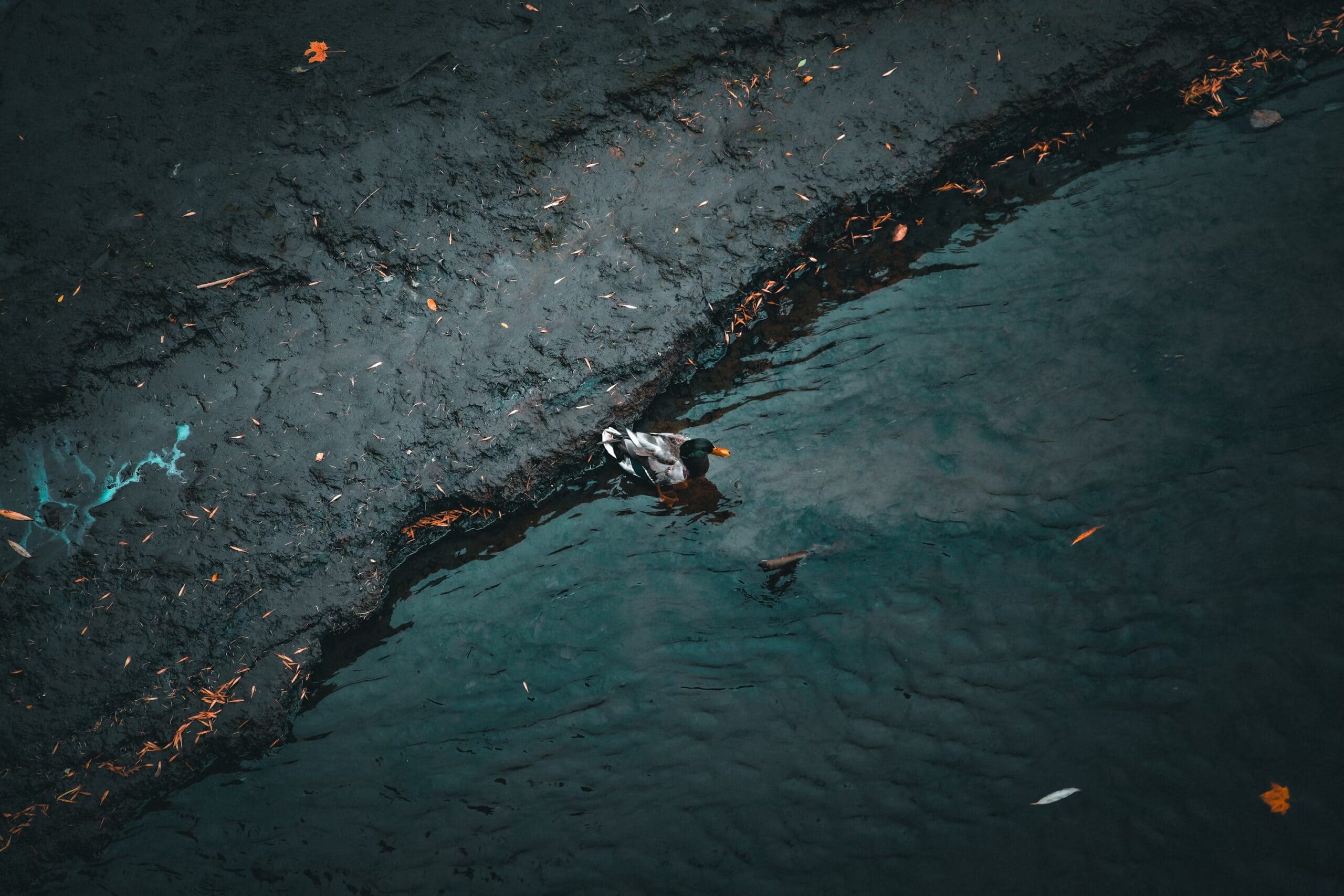
Photo from Marvin Meyer (Unsplash).
A recent article from the University of British Columbia seeks to establish key concepts in conducting research “in a good way” that honours and upholds Indigenous rights.
Indigenous and non-Indigenous authors — Andrea Reid, Deborah McGregor, Allyson Menzies, Lauren Eckert, Catherine Febria and Jesse Popp — were compelled to write their paper after noticing an uptick in natural scientists seeking to engage with Indigenous partners. The article is called “Ecological research ‘in a good way’ means ethical and equitable relationships with Indigenous Peoples and Lands.”
The research team cites many instances throughout recent Canadian history where science and research have caused tremendous harm to the Indigenous Peoples they study. Examples include “rampant expropriation of tribes from their Lands and Water,” and “Canada’s egregious nutrition experiments performed on children at residential ‘schools.’” They identified a need for clearer guidelines to prevent such “extractive and harm-inducing studies” from happening in the future.
The article includes four essential elements for conducting ecological research in a good way: “an expression used across many distinct Indigenous cultures to denote ‘participation that honors tradition and spirit,’” write the authors. These calls to action are to:
- Recognize that reconciliation can only come after truth.
- Know that there is no ‘view from nowhere.’
- Establish free, prior and informed consent.
- Learn with and from Indigenous Peoples and Lands.
Read the full article for free in the Nature Ecology & Evolution.
State and federal government investigate ‘significant’ oil spill in Saginaw County Michigan

The aftermath of an oil spill in Quebec in 2022. Photo by Alex Albert (Unsplash).
A ‘significant’ oil spill has occurred near the community of Hemlock in Saginaw County Michigan. An investigation by the U.S. Environmental Protection Agency (EPA) provides some answers for concerned residents.
An investigation by the EPA reported that the slick had been tracked about 2.4 kilometres downstream from the source of the spill site at C & J Bark Haulers on Gratiot Road in Hemlock. The spill occurred within the Saginaw River Region watershed, which ultimately flows into Lake Huron.
Residents observed and promptly reported a sheen of oil along McLellan Run, in December. Though emergency services quickly tried to limit the spread of the spill using absorbent booms, cleanup efforts are still continuing into late January. Although about 4000 litres of oil have been removed from the site to date the EPA estimates that cleanup efforts will cost up to $200,000 USD.
A slippery business

A juvenile American eel. Photo from the US Fish and Wildlife Service (Flickr).
As elver harvesting season fast approaches, the Department of Fisheries and Oceans are weighing what new regulations could look like going forward. Elvers are a juvenile stage of American eel, as they grow from a tiny glass eel to leave the open ocean to enter estuaries and rivers. They are also Canada’s most valuable fish, fetching up to $5000 per kilo, with much of the demand coming from Asia, where the elvers are grown for consumption. The (authorized) fishery was worth $47 million in 2022. After an incredibly dramatic year last year, which saw tonnes of the baby eels being poached, “violent incidents and threats of violence” and harassment of fishery officers, DFO has recognized the need for new regulations.
Right now, while 12 elver fishing licences have been issued (three to First Nations), “there is no federal oversight or monitoring of the elver supply chain from harvest to export.” New regulations would require separate licences for possession and export of the baby eels and would aim to deter poaching and black-market shipments, as well as ensure safety and contribute toward the conservation of the American eel, the historical population of which has declined by 99 per cent in some areas. DFO is hoping to have the new regulations in place before the start of the 2024 harvesting season, which usually begins in March.
Watershed Wednesdays are our weekly roundup of the insightful, intriguing, important and inspiring news from around the Great Lakes-St. Lawrence watershed.



